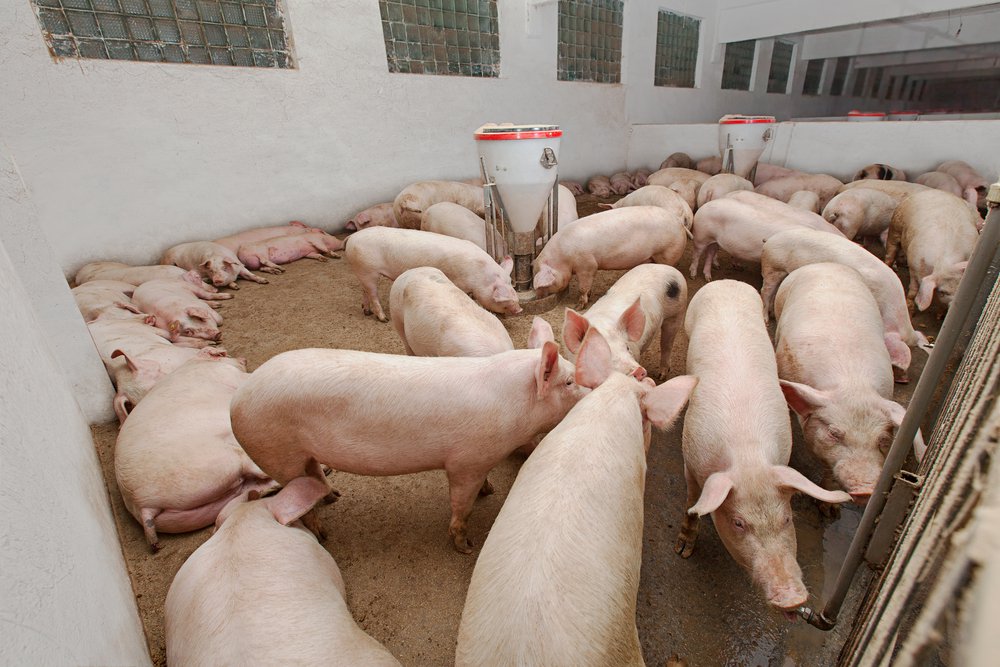The latest data from the UK’s ‘Real Welfare’ scheme shows that the vast majority of pig farms are either addressing welfare issues or already have them under control.
Prevalence of the four main welfare outcomes show a decreasing trend over time, while, at the same time, there is a slight increasing trend for the enrichment use ratio, compared with when the scheme started in 2013. This ratio still shows that there is room for improvement in effective enrichment provision for pigs.
While there is always more to do, the evidence has shown, on average, the poorest performing farms have improved during this four-year period.
Mandy Nevel, AHDB Senior Veterinary Manager, said: “Compared with 2013, a significant decrease in the proportion of lame pigs and pigs requiring hospitalisation was observed in each of the following years.
“Improvements of the enrichment use ratio were also identified in 2015, 2016 and 2017 and, compared with 2013, the proportion of pens with substrates and with objects tended to increase.”
The data, summarised in an interim report, represents more than 8 million pigs that were assessed individually over the first four years (2013–2017) of the scheme using the ‘Real Welfare’ protocol.
This included 136,154 pigs from Scottish farms after Real Welfare assessments were also required for farms that finish pigs under the Quality Meat Scotland (QMS) Pigs Assurance Scheme from August 2016.
Real Welfare involves on-farm assessment of pig welfare using a set of five objective and repeatable measures. These measures are known as ‘welfare outcomes’ which are animal-based, meaning that they are obtained from the animals themselves, rather than from their environment.
Real Welfare was developed in response to the pig industry’s need for strong, science-based evidence to demonstrate its husbandry standards to retailers, animal welfare lobby groups, policy makers and consumers.
All assessments are carried out by veterinary surgeons who are members of the Pig Veterinary Society. Outcomes are reported back to the producers as a rolling total, combining all assessments from the previous 365 days.
This means Real Welfare reports on the general welfare status and welfare management of finisher pigs on farms, and also means that variation between batches is evened out.
Assessment outcomes are discussed between the veterinarian and farmer, enabling individual opportunities for improvement to be identified and acted upon, if needed. Real Welfare also allows farmers to benchmark their welfare outcomes against other farms, as well as against their peers.

